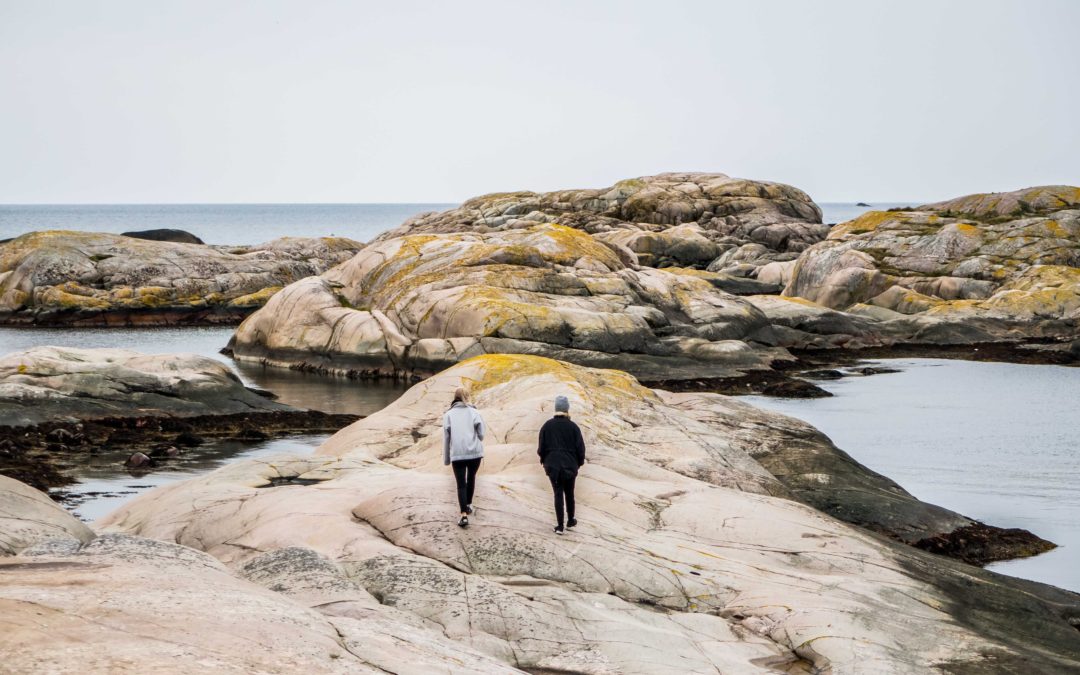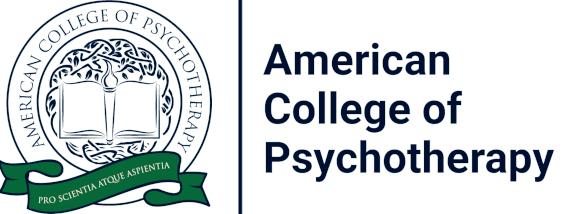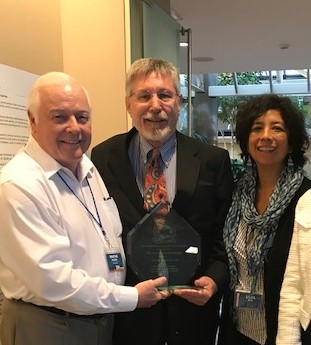
Anam Cara, A Call to Conscious Living
John O’Donohue, in his book Anam Cara, explains that, in the Gaelic language, there are two powerful words that serve to awaken us and assess the depth of our lives and relationships. These two words are Anam Cara. In the Celtic tradition Anam Cara means “Soul Friend”. An Anam Cara is a teacher, companion, and spiritual guide. One with whom we can reunite with our interior world, and share our deepest hidden intimacies, without judgement or criticism. With an Anam Cara we can reveal the pain, hope, joy, and fears in the deepest recesses of our mind and heart.
This Anam Cara relationship transcends the conventional understanding of any relationship previously known as well as the understanding of others. Once encountered, there is a reverence, a humility, and a wisdom that reveals a recognition, a “knowing”, with a connectedness, allowing us to discover and express our most authentic self. This relationship creates a sense of belonging and acceptance that is timeless.
All that most of us want is to be loved, regarded, and accepted, just as we are. We long to be seen and understood without pretention or performance. Most of us long to step from behind the mask and be known, welcomed, and celebrated. When this happens, we are truly at home.
The Anam Cara holds that creative tension whereby we individuate, find our voice, and having listened, hear our own wisdom. It is in this place we experience safety through our vulnerability. In this place we confess that we really “do not know” and therein become teachable. It is here we find that what we thought was so shameful or reprehensible, is the path to the divine and where we had thought we were utterly alone, we find we are with all mankind.
In this loving consciousness, where the human and divine meet, there is a depth of awareness and reverence for each other. The Anam Cara does not provide an easy way, rescue us, or tell us what we want to hear. The Anam Cara maintains boundaries, holds us accountable, confronts us, and expands our perception. The Anam Cara does not buy into our distortions but patiently waits for us to discover other perspectives, allowing us to find our own path, even at the risk of losing the relationship. Anam Cara invites us to deep, honest reflection and personal responsibility and is there for us while we agonize.
In our lives, we all need an Anam Cara. We need this “Soul Friend” and the awareness that brings healing and wholeness, for it is one of the greatest gift’s of this relationship. Having experienced this Anam Cara love and friendship, we are fundamentally changed. It is as though blind eyes are opened. We see the world differently, understand differently, and respond differently. This transformation changes our awareness and how we are in the world. We find ourselves revitalized and restored. Even more, our relationship with Aman Cara, brings us back to the familiar place from which we began our journey, only to see it, as though for the first time.
Watch for and welcome your Anam Cara, that you too may be a “Soul Friend” to another.
Warm regards,
Wayne Hulon MDiv. ABCP


